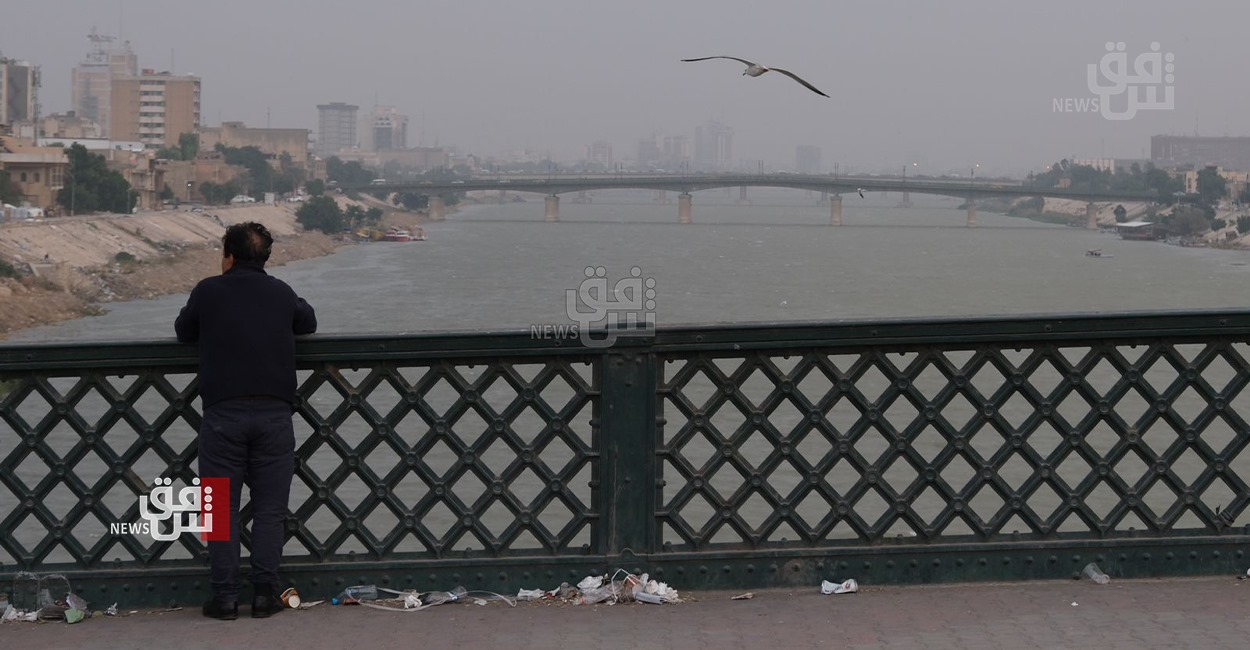Iraq's global standing: education gap, security risks, and economic challenges

Shafaq News/ Iraq continues to face significant challenges in education, security, and economic well-being, as reflected in recent global reports. Education: Gender Disparity in Higher Education Iraq remains among the countries where men significantly outnumber women in obtaining higher education, according to data published by the Arab Barometer network.
The data shows that 28% of Iraqi men have attained post-secondary education, compared to only 20% of women. In contrast, Kuwait recorded the highest female higher education attainment rate among Arab countries, with 79% of women holding post-secondary degrees compared to 71% of men.
At the other end of the spectrum, Mauritania had the largest gender disparity, with only 15% of women receiving higher education, compared to 29% of men—the lowest ratio in the survey and below the global average.
Security: Iraq Ranks 13th in Terrorism Impact Iraq ranked 13th globally in the 2024 Global Terrorism Index, issued by the Institute for Economics and Peace. The index reported an increase in the number of countries experiencing terrorist attacks, rising from 58 to 66. While the Middle East saw a 7% decline in terrorist incidents in 2024, with 618 recorded attacks, ongoing violence between Israel and Palestinian factions has contributed to regional instability. Syria ranked 3rd globally in terrorism impact, followed by Somalia (7th), while Iraq came 13th, Yemen 22nd, and Palestine 25th.
Among the least affected Arab nations, Kuwait, Mauritania, Morocco, Qatar, and Sudan recorded zero terrorism incidents, according to the report. Economy: Iraq's Standing in Wealth and Public Spending A recent UN Economic and Social Commission for Western Asia (ESCWA) report ranked Iraq 12th among 20 Arab nations and 118th globally (out of 173 countries) in terms of material well-being, based on actual per capita spending.
The report indicates that the average annual expenditure per Iraqi citizen was USD 6,461. Regarding individual income levels, Iraq ranked 9th in the Arab world and 106th globally, with an annual per capita income of USD 12,421. In terms of government spending per capita, Iraq also ranked 9th regionally and 102nd worldwide. The report noted that telecommunication services are the most expensive sector for Iraqis, while education remains the least costly compared to other expenses.





